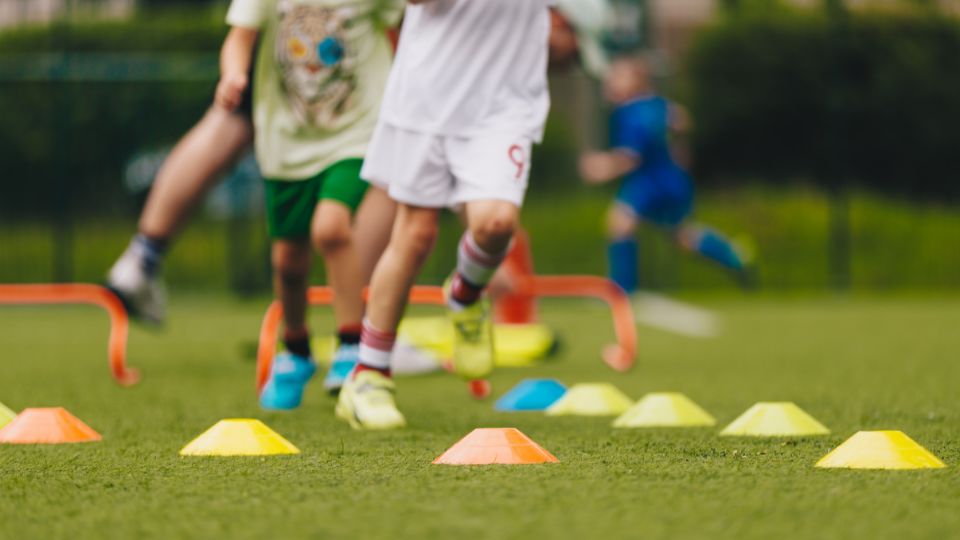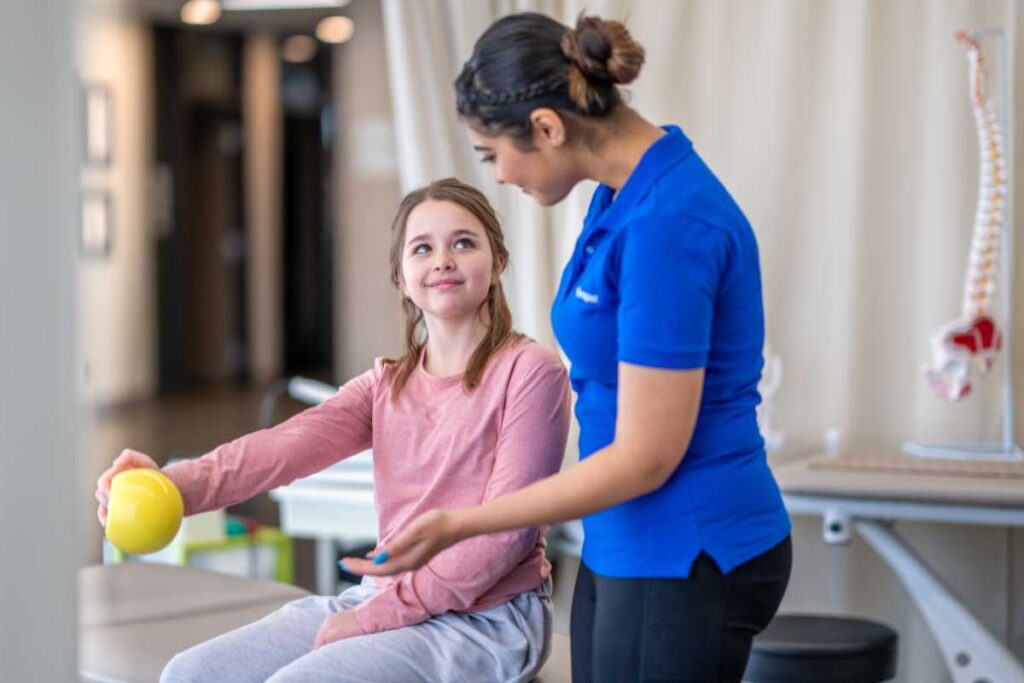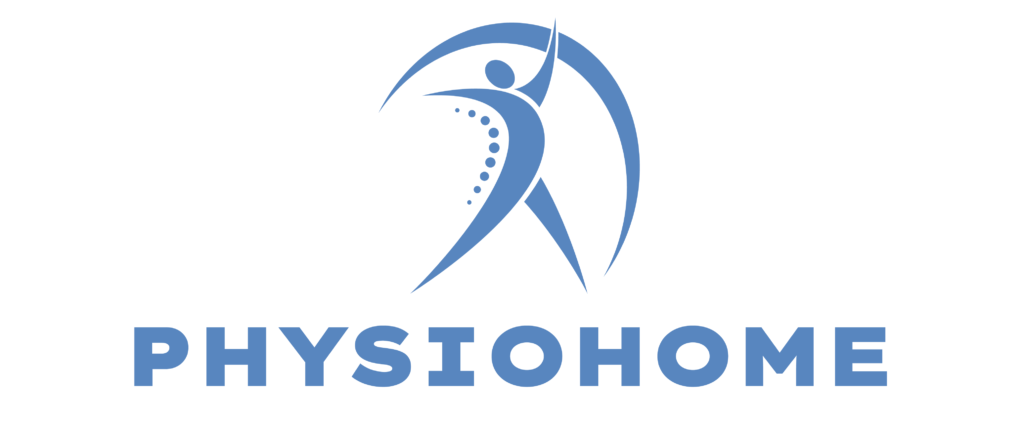Children are born with an innate curiosity and an irrepressible desire to explore the world around them. For many, this exploration begins with the ability to move freely and independently. However, some children face challenges that affect their mobility, hindering their ability to explore, play, and interact with their environment as freely as their peers. This is where innovative solutions in pediatric mobility play a crucial role in unlocking their independence.
Understanding Pediatric Mobility Challenges

Pediatric mobility encompasses the ability of children to move and navigate their surroundings effectively. Challenges in mobility can arise due to a variety of reasons, including congenital conditions, developmental delays, injuries, or neurological disorders. These challenges not only impact physical movement but can also affect a child’s social and cognitive development.
For children and their families, these challenges often translate into daily struggles and frustrations. Tasks that many take for granted, such as playing with friends or navigating school hallways, can become significant hurdles. Addressing these challenges requires a multifaceted approach that considers the unique needs of each child and empowers them to achieve their full potential.
Innovative Solutions Transforming Pediatric Mobility
In recent years, there has been a remarkable surge in innovative solutions designed to enhance pediatric mobility. These solutions range from advanced assistive technologies to therapeutic interventions aimed at improving strength, coordination, and independence. Here are some key areas where innovation is making a profound impact:
Assistive Devices and Mobility Aids:
From customized wheelchairs and walkers to powered mobility scooters, assistive devices play a crucial role in enabling children with mobility impairments to move independently and participate in various activities.
Adaptive Sports and Recreation Programs:
These programs provide opportunities for children with disabilities to engage in physical activities tailored to their abilities, promoting not only physical health but also social inclusion and self-confidence.
Technological Advancements:
Innovations such as exoskeletons, robotic prosthetics, and virtual reality therapy are revolutionizing pediatric rehabilitation by offering novel ways to improve mobility, motor skills, and overall quality of life.
Accessible Environments:
Designing inclusive environments, both indoors and outdoors, ensures that children with mobility challenges can navigate spaces safely and comfortably, fostering independence and social integration.
The Role of Therapy and Support Systems

Central to enhancing pediatric mobility is the role of pediatric therapists, rehabilitation specialists, and caregivers. These professionals work closely with children and their families to develop personalized treatment plans that address specific mobility goals. Through targeted therapies, exercises, and adaptive strategies, therapists help children build strength, improve coordination, and master essential skills for everyday activities.
Support systems, including educators and community organizations, also play a vital role in advocating for accessible environments and promoting inclusive practices that accommodate diverse mobility needs.
Looking Ahead: Empowering Every Child
As we continue to innovate and develop new approaches to pediatric mobility, the ultimate goal remains clear: to empower every child to reach their full potential and lead fulfilling lives. By embracing technology, fostering inclusivity, and advocating for supportive environments, we can create a world where mobility challenges no longer limit a child’s ability to explore, learn, and thrive.
Conclusion
In conclusion, unlocking independence through innovative solutions in pediatric mobility is not just about improving physical movement—it’s about enhancing overall well-being and quality of life for children and their families. Together, we can pave the way for a future where every child has the opportunity to move, play, and grow with confidence and independence. Contact us today at Physio Home, located in Ras Al Khaimah, United Arab Emirates, to learn more about how we can support your child’s journey towards improved mobility and independence. Your child’s well-being is our priority.

